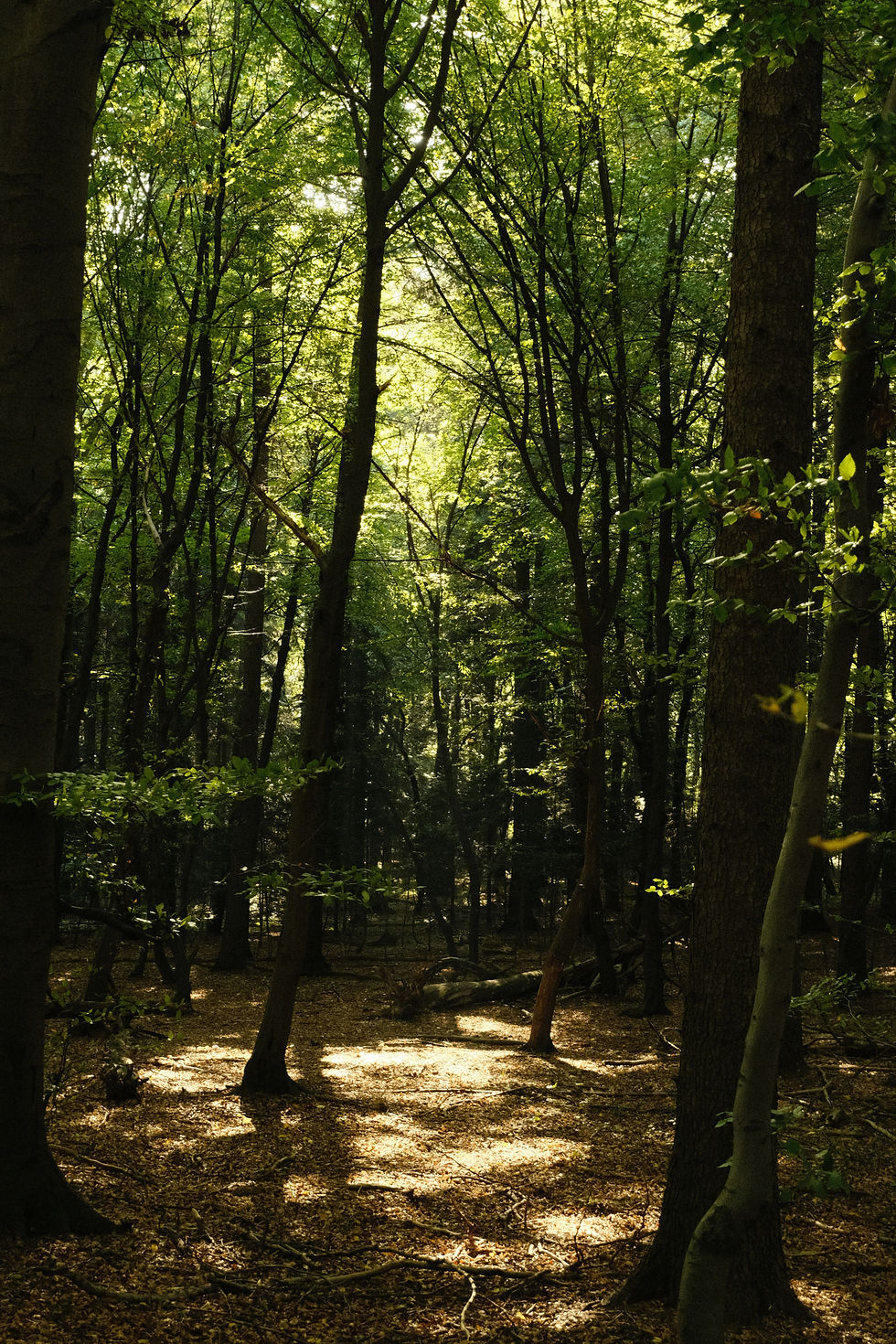Giving Us Hope
- William Thiele
- Apr 3, 2020
- 3 min read
Updated: May 30, 2025

Dear ones,
In the seismic global shift of the pandemic, as the very ground under our feet falls away a little more each day, what if we quit trying to get things back to normal and instead tried “giving up hope.”
From the opening sentence of chapter 7 in Pema Chodron’s book, When Things Fall Apart, an insight is arising which might also speak to you. It probably has been a truth you have known for some time.
When Pema uses the phrase “giving up hope,” for times like these I believe a better word is “wishing.” Try substituting one for the other if you read the chapter. (One of our classes in the School for Contemplative Living is reading her book during the pandemic).
In 1992, I heard Dr. Gerald May speak to the difference between wishing and hoping, (within a retreat led by the staff of the Shalem Institute for Spiritual Formation). “Wishing” is wanting things to be different, to go our way, to change to fit our plans, or to have the outcome we seek. “Hoping” is knowing we are held in the abiding Presence of Great Love no matter what happens, even if things go exactly the way they are going, and even if they are exactly what we did not seek. Obviously, disasters still happen.
Hope in this sense is related to the gift of peace, abiding peace, which whispers, “Whatever happens it will be okay.” My wife heard this whisper 35 years ago after our son was born and she was diagnosed with a kidney disease that was marching toward failure. She did not hear a wish: “You will be healed of this, it will go away, a cure will appear, etc.” She came to know as a gift in her inner being, “Even if you die, it will be okay.” And her gift began to help me too.
When Pema writes of the necessity of “giving up hope,” so that we can relax into embracing life as it is unfolding right now, and facing what is here right now, I hear, “give up wishing everything was different, give up your illusion.” (As you all know through experience, disillusion is the dissolving of our illusions).
So what if Pema’s call to “hopelessness” means giving up wishing altogether, letting go of “if only,” which tends to undercut our ability to be here now and face what is happening now. Then a quote we read this week from page 8 makes even more sense: “Only to the extent that we expose ourselves over and over to annihilation [of our wishful thinking] can that which is indestructible be found in us.”
Rev. Callie quoted the phrase “compassionate abiding” from another of Pema’s books this week. I believe that is exactly what these times are calling us to find. “The wisdom of ‘No Escape'” in the Buddhist tradition parallels admitting our powerlessness in the 12-Step tradition, and learning to “deal with life on life’s terms.” This is what I believe to be a core spiritual attitude of our Christian contemplative tradition too: surrendering willfulness, (having to have things my way), and embracing willingness.
My friend in Al-anon years ago summarized the first three of the 12 Steps like this: “I can’t. You can. I think I’ll let you.”
Prayer: “Dear Lord, since I can’t seem to run the universe my way, and you seem to handle that better than me, I decided to give up my wishing and my willfulness. Through this pandemic, I turn my life and my will over to your care. Help me locate the indestructible inner ground you provide beneath groundlessness. Help me find the indestructible hope you offer beneath my wishfulness. Help me live this day in your gift of abiding peace, knowing “whatever happens, it will be okay.”
May we all so live, as best we can, this week. Let’s start now.ow.





Comments